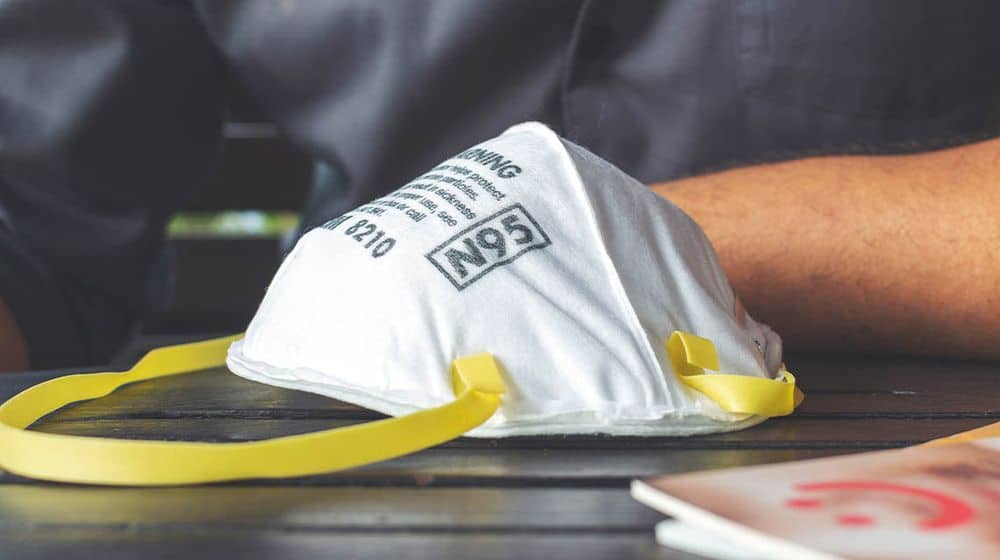Researchers at the University of Edinburgh have claimed that facemasks reduce the risk of spreading Coronavirus through large respiratory droplets while speaking or coughing by 99.9%.
During the study, researchers used mechanical mannequins and human subjects to exhale a wide range of droplets, from micro-scale to millimeter-scale. They focused on particles larger than 170 microns in diameter — roughly two to four times the width of a human hair. These large droplets are considered as the main driver behind the transmission of Coronavirus disease.
ALSO READ
Timely Actions by the Govt Mitigated Pandemic’s Impact on Economy
According to the study published in the journal of Royal Society Open Science, an individual wearing a facemask standing just 50 cm away from a Coronavirus patient coughing is 10,000 times safer than without it.
Ignazio Maria Viola, the study’s lead author and professor at the University of Edinburgh, has said that the findings of the study prove that facemasks dramatically decrease the transmission of large aerosol droplets containing Coronavirus in significantly larger amounts.
While responding to the study, Institute for Health Metrics and Evaluation (IHME), Seattle, said that more than 55,000 lives could be saved in the US over the next four months if a policy of universal mask is promulgated.
ALSO READ
Sindh High Court Bans Unlicensed CNG Cylinders in Cars
In July this year, IHME had accurately predicted that Coronavirus deaths in the US would cross 224,000 by 1 November. Now, it has estimated that the US would report more than 561,000 deaths from COVID-19 by 1 April 2021.
Earlier this month, the World Health Organization (WHO) also revised its Coronavirus guidelines on facemasks, recommending everyone to wear facemasks in areas where ventilation is poor and in communities with known or suspected virus transmission.


























